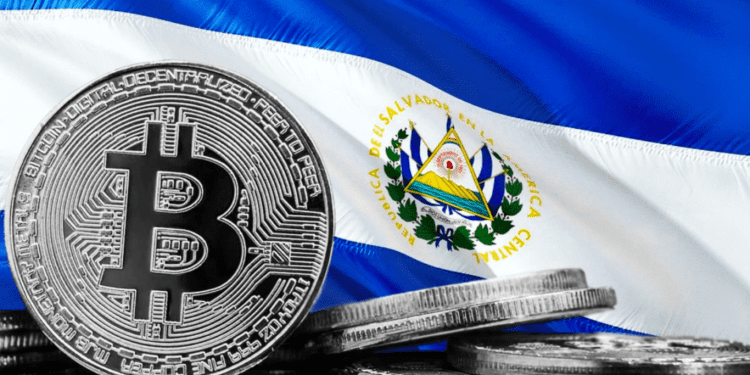- El Salvador’s legislature approves the Digital security Bill which enables the issuance of Bitcoin bonds.
- The bill also creates a regulating authority to enforce this law and protect the owners of digital assets from fraud.
- The purpose of the bonds is to raise funds to enable the development of the Bitcoin City as well as enable continued investment in Bitcoin
The Salvadoran legislature approved the Digital Security Bill that would enable the government to issue bitcoin-based bonds known as “Volcano bonds.” According to the legislature, “The purpose of this law is to establish the legal framework that grants legal certainty to transfer operations to any title of digital assets used in public issuance offers.”
The 33-page bill, introduced to parliament in November 2022, was passed by 62 members against an opposition of 16 members. This was one year after President, Nayib Bukele, introduced the bitcoin bonds and the plans to build a “Bitcoin City” at the base of the Colchagua volcano. These bonds were to be issued to the public to enable the raising of around $1 billion, half of which would be used to build the Bitcoin City. The other half would be invested directly into bitcoin, and any profits from the currency’s appreciation will be shared with holders of the volcano bonds.
The bill distinguishes cryptocurrencies from all other financial products and assets, including central bank digital currency, which are digital versions of every country’s fiat currency. Most importantly, it distinguishes bitcoin from other cryptocurrencies, identifying the rest as security. This sentiment was shared by the specialized administrative unit charged with consulting and coordinating all Bitcoin-related projects in the country, The National Bitcoin Office (ONBTC) of El Salvador, under the president. The office also stated that it would begin issuing the bonds soon, expressing the following on Twitter,
”Today, El Salvador builds on our first-mover advantage by passing landmark legislation establishing a legal framework for all digital assets that are not bitcoin. As well as those issued on bitcoin. The law also paves the way for volcano bonds which we will soon begin issuing.”
The newly passed bill also establishes a regulating authority tasked with enforcing the securities law and protecting the rights of holders of digital assets and issuers in the country. The power is also in charge of preventing crypto-related fraud from occurring within El Salvador.
El Salvador was the first country in the world to make Bitcoin a legal tender on 7th September 2021. Since then, the government has acquired over 2301 bitcoins for about $103.23 million. The profits gained during the bull market were even used to build schools and hospitals. This move has however faced a lot of criticism from the IMF, stating that,
“The adoption of a cryptocurrency as legal tender entails large risks for financial and market integrity, financial stability, and consumer protection. It also can create contingent liabilities.”
According to President Bukele, the City will have airports, museums, commercial centers, residential areas, railways, and other facilities and infrastructure. Based on the model, the City will be circular to represent a massive coin with a viewpoint of the volcano. The City will also be powered by hydrothermal power sourced from the volcano to make it sustainable.
The project has, however, been delayed multiple times, with the initial issuance of bonds set for March 2022, after which it was pushed to September. It was postponed again, with the government citing security issues.












